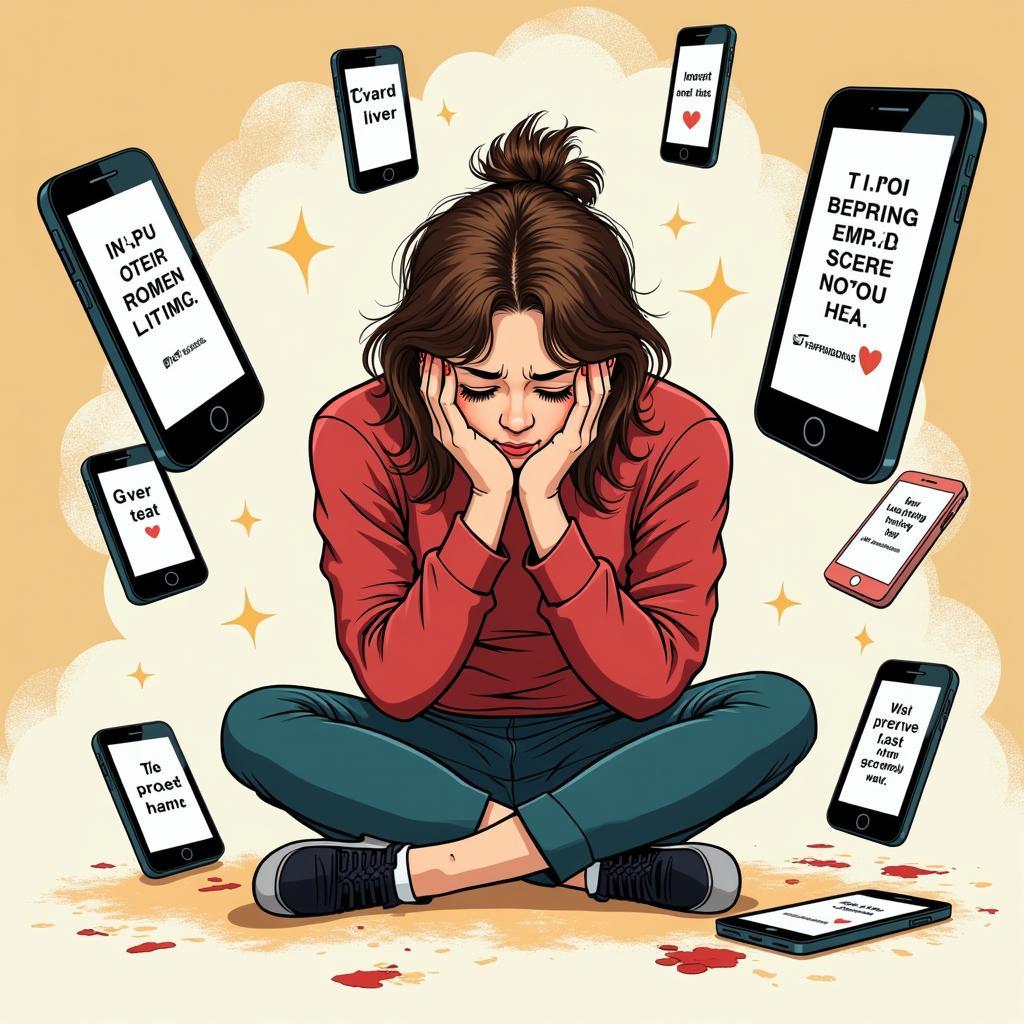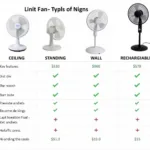Hariwon, a prominent figure in the Vietnamese entertainment industry, has garnered a substantial following throughout her career. However, like many public figures, she also faces scrutiny and negativity from a subset of individuals known as “anti fans.” This phenomenon, though disheartening, is not uncommon in the age of social media and fervent fandom. So, who are these “anti fans,” and what motivates their actions?
Delving into the World of “Anti Fans”
The term “anti fan” refers to individuals who express dislike, disapproval, or even hatred towards a particular individual, often a celebrity or public figure. This dislike can manifest in various ways, including negative comments on social media, spreading rumors, or engaging in online harassment. While the reasons behind such behavior vary, they often stem from a complex interplay of psychological and sociological factors.
Possible Motivations Behind the Negativity
Understanding the motivations behind anti-fan behavior is crucial to navigating this complex issue. Some common reasons include:
- Jealousy and Envy: Witnessing the success and popularity of another person can evoke feelings of inadequacy or resentment, leading some individuals to lash out.
- Differing Values and Beliefs: When a public figure’s actions or statements contradict an individual’s strongly held values or beliefs, it can fuel disapproval and negativity.
- Bandwagon Effect: The anonymity and perceived lack of consequences associated with online platforms can embolden individuals to join in on negative sentiment, even if they don’t harbor strong personal feelings.
- Personal Dissatisfaction: Some individuals may project their own personal frustrations and insecurities onto public figures, using them as scapegoats for their own unhappiness.
 impact-of-online-hate
impact-of-online-hate
The Impact on Individuals and Society
The consequences of anti-fan behavior extend beyond the digital realm, impacting both the targeted individual and society as a whole:
For Individuals: Constant exposure to negativity and hate can take a toll on a person’s mental and emotional well-being, leading to anxiety, depression, and in extreme cases, even suicidal thoughts.
For Society: Anti-fan culture contributes to a toxic online environment, normalizing hate speech and cyberbullying, which can have broader societal implications.
Addressing the Issue: A Multi-faceted Approach
Combating anti-fan behavior requires a multi-pronged approach involving individuals, online platforms, and society at large:
- Promoting Digital Literacy and Empathy: Educating individuals on responsible online behavior, critical thinking, and empathy is crucial to fostering a more respectful digital space.
- Enforcing Platform Guidelines: Social media platforms have a responsibility to enforce community guidelines, taking action against hate speech and cyberbullying.
- Cultivating Positive Fan Culture: Encouraging fans to engage in positive and supportive ways, celebrating the achievements and talents of public figures, can help counterbalance negativity.
Conclusion
The existence of anti-fans highlights the complexities of fame and fandom in the digital age. While it’s essential to acknowledge the freedom of expression, it’s equally important to recognize the harmful consequences of hate speech and online harassment. By understanding the motivations behind anti-fan behavior and working collectively to address it, we can foster a more respectful and supportive environment for everyone.





